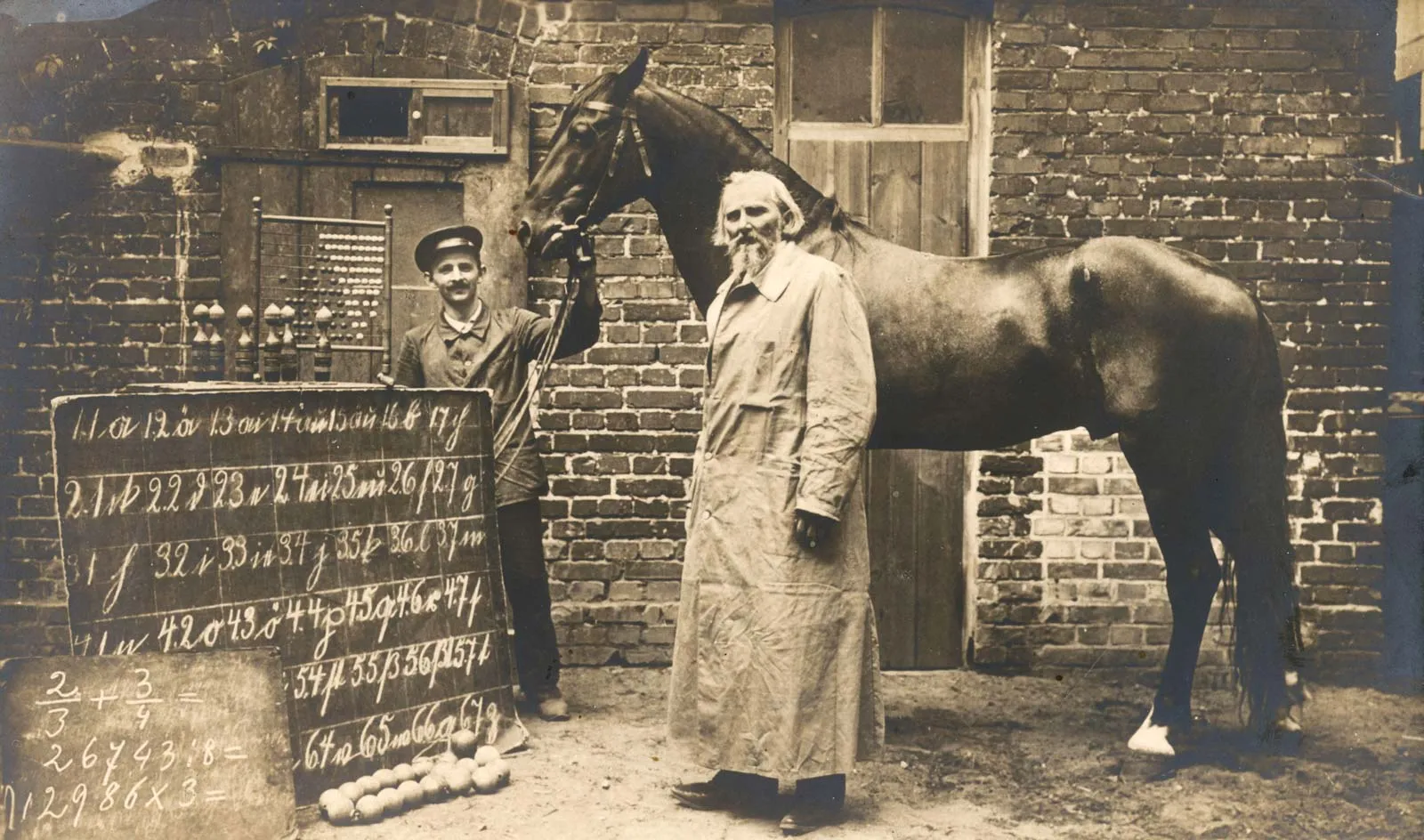Oxford Text pg 9-19
0.0(0)
Card Sorting
1/35
Earn XP
Description and Tags
Last updated 1:49 PM on 8/28/23
Name | Mastery | Learn | Test | Matching | Spaced | Call with Kai |
|---|
No analytics yet
Send a link to your students to track their progress
36 Terms
1
New cards
confounding variables
variables that can potentially distort the relationship between the IV and the DV
2
New cards
target population
the group of people to which the findings of the study are expected to be generalized
3
New cards
sample
the group of people taking part in the experiment itself
4
New cards
representatives
the key property of a sample
5
New cards
participant characteristics
whatever can theoretically influence the relationship between the IV and DV
6
New cards
sampling techniques
a process of sampling that depends on the aim of the research, available resources, and the nature of the target population
7
New cards
random sampling
a process of sampling that depends on the aim of the research, available resources, and the nature of the target population
8
New cards
stratified sampling
a theory-driven approach where you first decide the essential characteristics the has to reflect, then study the distribution of these characteristics in the target population, then recruit participants that keep the same proportions
9
New cards
convenience (opportunity) sampling
a process of sampling where you recruit participants that are most easily available
10
New cards
self-selected sampling
a process of sampling of recruiting volunteers
11
New cards
independent measures design
random allocation of participants into groups and a comparison between these groups
12
New cards
matched pair design
an experimental design of using matching to allocate participants into groups and comparing between groups
13
New cards
matching variable
the variable controlled in a matched pair design
14
New cards
repeated measure design
an experimental design where the goal is to compare conditions rather than groups of participants
15
New cards
order effects
results may be different depending on which condition comes first (practice and fatigue)
16
New cards
counterbalancing
using other groups of participants where the order of the conditions is reversed
17
New cards
participant variability
differences between the groups before the experiment starts
18
New cards
construct validity
a type of validity that characterizes the quality of operationalizations (the phenomenon is first defined as a construct and then expressed in terms of observable behavior)
19
New cards
internal validity
a type of validity that characterizes the methodological quality of the experiment
20
New cards
external validity
a type of validity that characterizes the generalizability of findings in the experiment
21
New cards
population validity
the extent to which findings can be generalized from the sample to the target population
22
New cards
ecological validity
the extent to which findings can be generalized from the sample to the target populations
23
New cards
selection
a threat to internal validity where groups are not equivalent at the start of the experiment (apart from planned IV difference)
24
New cards

history
a threat to internal validity where outside events happen to participants in the course of the experiment
25
New cards
maturation
a threat to internal validity where participants go through natural development processes like fatigue or growth
26
New cards
testing effect
a threat to internal validity where the first measurement of the DV may affect the second (and subsequent) measures
27
New cards

instrumentation
a threat to internal validity where the instrument measuring the DV changes slightly between measurements
28
New cards
regression to the mean
a threat to internal validity where the initial score on the DV is extreme (either high or low) and therefore are more statistically likely to become more average
29
New cards
experimental mortality
a threat to internal validity where some participants drop out during an experiment (problematic if dropouts aren’t random)
30
New cards
demand characteristics
a threat to internal validity where participants understand the purpose of the experiment and change their behavior subconsciously to fit that interpretation
31
New cards

experimenter bias
a threat to internal validity where the researcher unintentionally exerts an influence on the results of the study
32
New cards
double-blind designs
information that could introduce bias is withheld both from participants and from the people conducting the experiment
33
New cards
quasi-experiments
experiments where pre-existing inter-group differences are used for allocation into groups
34
New cards

field-experiments
experiments that are conducted in a real-life setting
35
New cards

natural experiment
experiments conducted in participants’ natural environment but the researcher has no control over the iV
36
New cards
Rodin & Piliavin’s Subway Study
the researchers pretended to collapse on a subway train and observed if other passengers would come to help
* IV = cane condition or drunk condition
* IV = cane condition or drunk condition